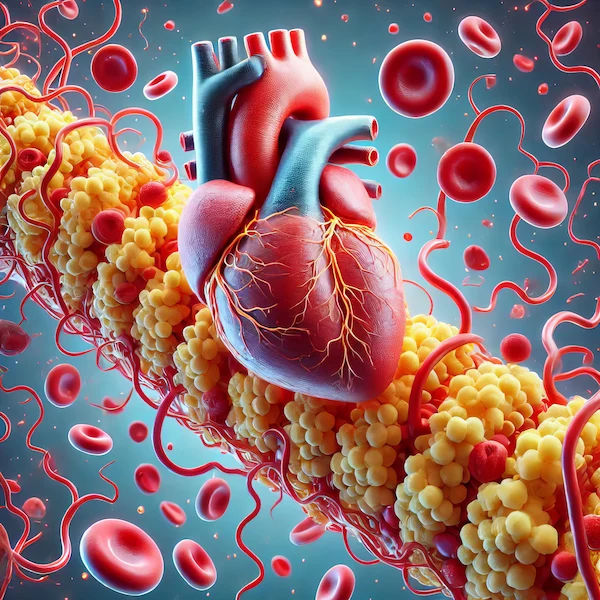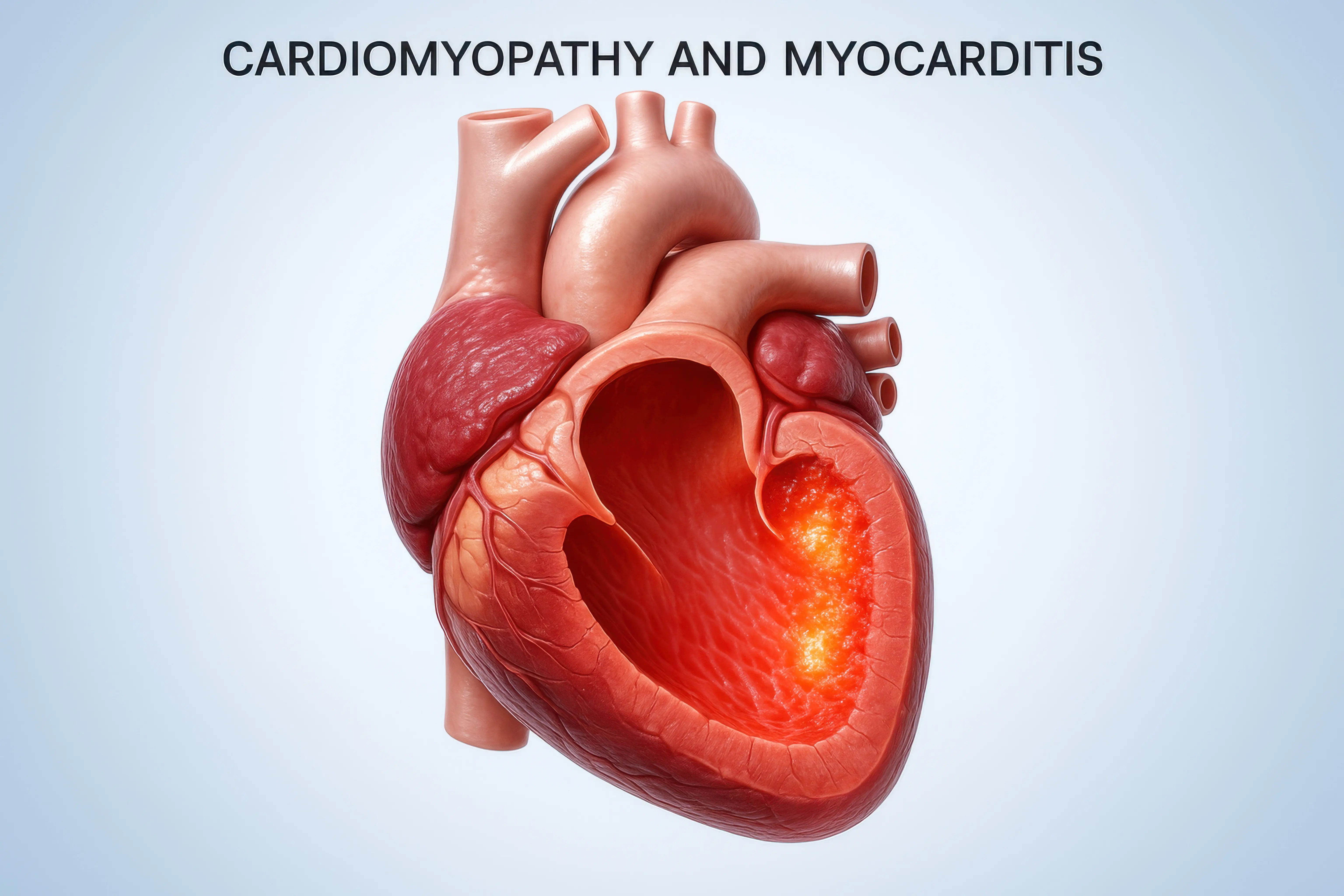- male
- 60 Years
- 29/01/2025
I'm really worried about something. I've been dealing with diabetes for about three years now and high blood pressure for over 15 years. For that, I've been taking losium and istamate regularly. But lately, I've been experiencing a dry cough and feeling gassy. When I went to the Baptist Hospital, they said I needed to be admitted to the CCU and they ran some tests like ECG and blood tests, which came back negative. They also did a TMT and an echo. During the TMT, I felt tired after the second stage when the speed increased, and they told me I might have a heart problem, suggesting an angiogram. I decided against it and got discharged instead. I'm confused and not sure what to do next. Can you give me some advice on this?
Answered by 1 Apollo Doctors
It sounds like you are experiencing some side effects from your current medications. The dry cough and gas could be related to the medications you are taking for diabetes and high blood pressure. Since you are experiencing symptoms related to your heart, it is important to follow up with a cardiologist for further evaluation. I recommend discussing with your doctor about switching from losium to a different medication for high blood pressure to see if that helps with the cough and gas. Additionally, you may benefit from a medication adjustment for your diabetes as well. For your heart condition, it is important to follow up with a cardiologist for further evaluation and to discuss the possibility of undergoing an angiogram to assess the blood flow to your heart. In the meantime, make sure to monitor your blood pressure and blood sugar levels regularly, follow a healthy diet, and engage in regular physical activity as advised by your healthcare provider.
Dr. Anshul Suggests...
Consult a Cardiologist
Answered 04/07/2025
0
0

More Cardiology Health Queries
View allI walked 2 kilometers in 30 minutes, and my average heart rate was 130 bpm; is that a good level, or is it on the high side? At times, my heart rate even reached 160 bpm. Should I be concerned about this?
Walking for 2 kilometers in 30 minutes is a good exercise. An average heart rate of 130bpm during this activity is within the moderate intensity range for most adults. However, reaching a maximum heart rate of 160bpm indicates that you were pushing yourself towards the higher end of your cardiovascular capacity. It is important to listen to your body and not exceed your maximum heart rate too frequently to avoid overexertion. If you are healthy and have no underlying heart conditions, you can continue with this level of exercise. Remember to stay hydrated and consider incorporating some cool down exercises after your walk to help your heart rate return to normal.
Answered by 1 Apollo Doctors
I'm currently taking a 5mg Amlong tablet every day for my hypertension, and I'm a bit worried about any potential side effects from long-term use. Could you tell me what I should be on the lookout for?
no side effects,check blood pressure regularly
Answered by 1 Apollo Doctors
Is it a big deal that my TMT showed significant ST depression of 0.1mm in leads V4-V6 at peak exercise but didn't persist in recovery? The test said mildly positive for RMI, and I reached my target heart rate. I did Bruce stage 3 for about 8.09 minutes. My blood pressure is normal resting at 12080 and after exercise, it was 14080. I'm not diabetic. My METs were 10.2. Should I be worried about this? Could it be treated at this stage? Do I need to go for an angiography, and if I do, how soon should it be done?
#NAME?
Answered by 1 Apollo Doctors
Disclaimer: Answers on Apollo 247 are not intended to replace your doctor advice. Always seek help of a professional doctor in case of an medical emergency or ailment.





